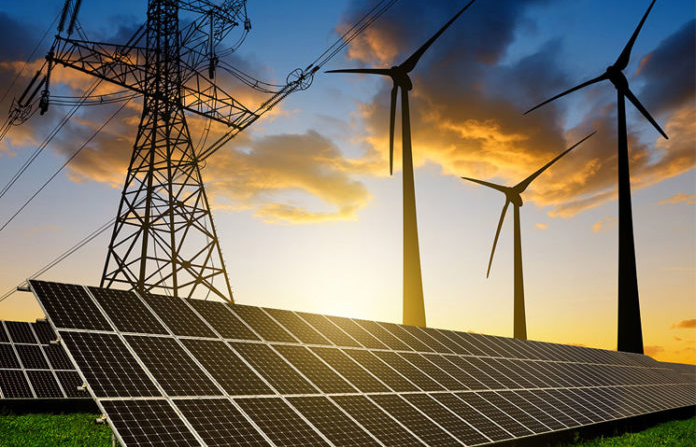 The Gulf Corporation Council (GCC), which coordinates renewable energy projects in Arabian States in the Persian Gulf has plans to install 80GW of renewable energy and is looking at how Blockchain technology can be used.
The Gulf Corporation Council (GCC), which coordinates renewable energy projects in Arabian States in the Persian Gulf has plans to install 80GW of renewable energy and is looking at how Blockchain technology can be used. The CCC aim is that renewable energy will account for 50% of global energy requirements by 2050 and believes that Blockchain is ideal to track the production and final use of energy. By using Smart Contracts, Blockchains could make the peer-to-peer trade of energy a reality while charging consumers different price to encourage energy to be consumed at times when demand is usually low and capacity is high.
Dubai Electricity and Water Authority (Dewa) and the Dubai Roads and Transport Authority (RTA) are already using Smart Contracts to improve operational efficiencies. Meanwhile, Iberdrola, an energy firm in Spain, revealed earlier this year they were using Blockchain to track sustainable energy sources, using the Energy Web Foundation’s open-source blockchain platform.


